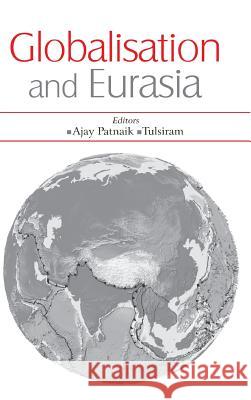Globalisation and Eurasia » książka
Globalisation and Eurasia
ISBN-13: 9788187966821 / Angielski / Twarda / 2009 / 482 str.
Consisting of former Soviet Republics, the Eurasian region has drawn international attention due to its geopolitical significance and hydrocarbon resources, which has prompted the US and other external powers like China, Turkey, Iran, the European Union and India to actively engage themselves in the region. Russia is once again emerging as a central player in the region as it moves towards stabilizing its economy and political system. At the same time, given the pluralities within the region, there are multiple conflicts based on ethnic, religious and geopolitical discontents, making the region susceptible to rivalries and conflicts. Eurasia is also a region where many external powers are seeking to intensify their geopolitical influence. This region, which lies in the extended neighbourhood of India, has had longstanding ties with the subcontinent in the past. The developments in the region have immense security implications for India. In view of India's rapidly increasing energy requirements, the region could be an alternative source of energy. This book discusses the strategic environment in Eurasia and issues related to security, stability and inter-state relations in Eurasia. The involvement of external powers and their relations with different Eurasian countries is an important theme of the book. Social and cultural dimensions of post-Socialist changes have been discussed in the context of a range of economic and political transformations. The proposition that links changing alignment of state with society in the context of globalisation has been scrutinised in this book.











